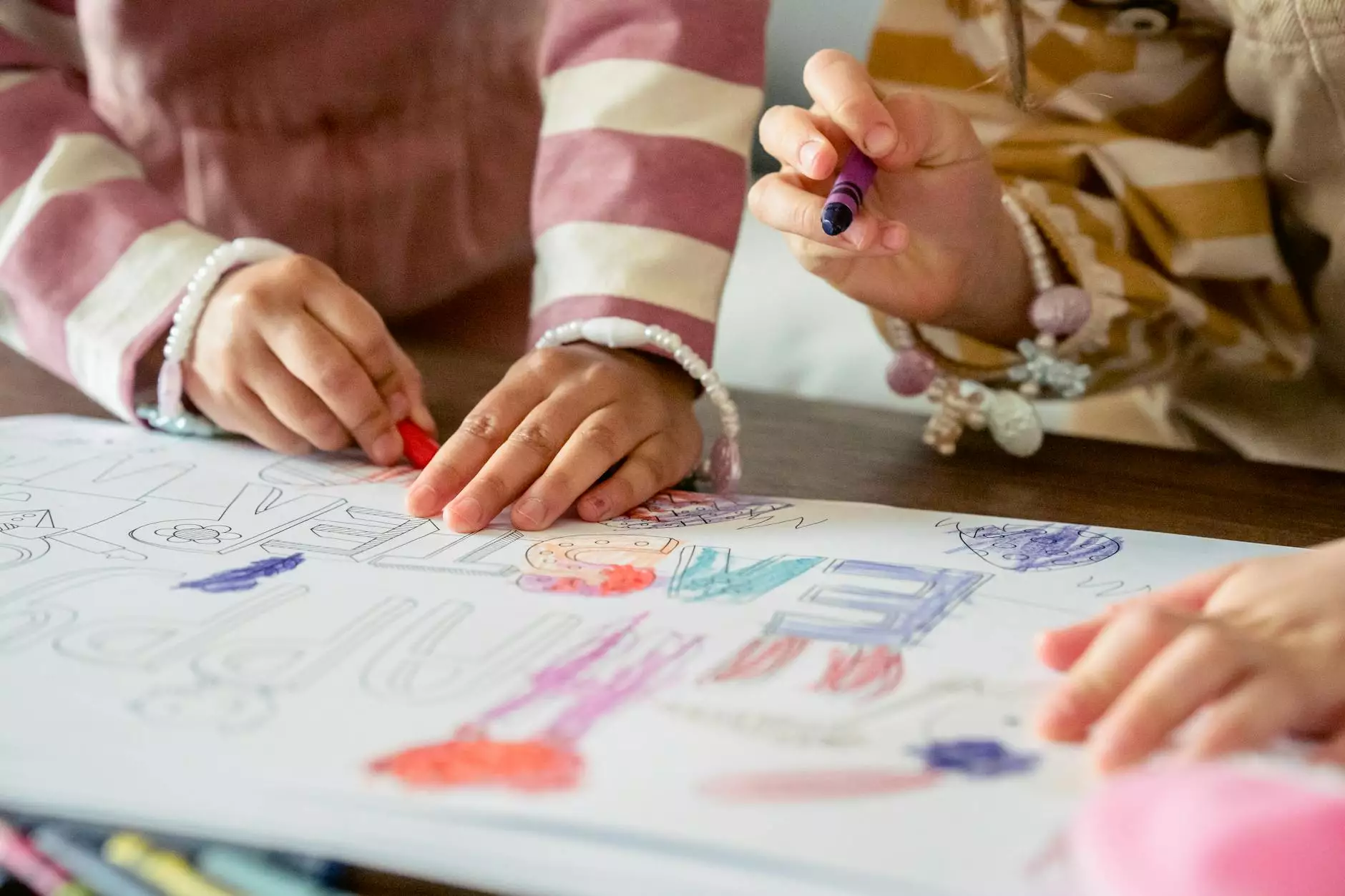Childhood Spanking Could Heighten Adult Mental Health Woes
Blog
Welcome to Bowling Orthopaedics, the leading source of comprehensive health information. In this article, we delve into the topic of childhood spanking and its potential impact on adult mental health. Our goal is to provide you with detailed insights and research findings in order to raise awareness about this critical issue.
The Effects of Childhood Spanking on Mental Health
Childhood spanking has long been a topic of debate in the realm of parenting practices. While some argue that physical discipline is necessary for instilling discipline and obedience, recent studies have shed light on the potential negative consequences it may have on a child's mental well-being. Research has shown that childhood spanking could heighten the risk of developing various mental health problems later in life.
Increased Risk of Depression
One of the most significant correlations found in studies is the link between childhood spanking and increased risk of depression in adulthood. This could be attributed to the trauma and emotional distress caused by physical punishment during a child's formative years. The negative psychological impact of such disciplinary methods may persist well into adulthood, leading to the development of depressive symptoms.
Higher Likelihood of Anxiety Disorders
Individuals who experienced childhood spanking may also face a higher likelihood of developing anxiety disorders. The constant fear and anxiety associated with physical punishment can leave lasting effects on the brain, making individuals more prone to experiencing chronic worry, panic attacks, and other anxiety-related disorders later in life.
Impairment in Emotional Regulation
Childhood spanking can disrupt the development of healthy emotional regulation skills in children. It reinforces fear-based behavior, inhibiting the natural development of self-regulation abilities. This can manifest in adulthood as difficulties in controlling emotions, leading to heightened levels of stress, anger, and frustration in various aspects of life.
Understanding the Research
Various studies conducted over the years have contributed to our understanding of the long-term effects of childhood spanking on mental health. These research endeavors have highlighted the need for alternative approaches to discipline that prioritize constructive and non-violent methods.
Longitudinal Studies
Longitudinal studies, tracking individuals from childhood to adulthood, have provided valuable insights into how childhood experiences, such as spanking, can impact mental health outcomes. These studies have demonstrated a consistent association between spanking history and negative emotional and psychological consequences later in life.
Neuroscientific Findings
Advancements in neuroscience have further deepened our understanding of the neurological changes that may occur as a result of childhood spanking. Research has revealed alterations in brain structures and functions, particularly in areas linked to emotional regulation and stress response. These findings reinforce the importance of nurturing environments that foster healthy development.
Alternatives to Physical Discipline
Recognizing the potential risks associated with childhood spanking, it is essential for parents and caregivers to explore alternative discipline strategies that promote positive behaviors and emotional well-being. Here are some effective alternatives to consider:
- Positive Reinforcement: Encouraging and reinforcing desirable behaviors through praise, rewards, and acknowledgment.
- Open Communication: Establishing a healthy line of communication with your child, allowing for understanding, empathy, and discussions about behavior and consequences.
- Time-Outs: Allowing children to take a break from a demanding or confrontational situation to help them regain self-control and reflect on their behavior.
- Setting Clear Expectations: Defining boundaries, rules, and expectations ahead of time to provide children with a sense of structure and understanding.
- Teaching Problem-Solving Skills: Guiding children to develop effective problem-solving techniques to resolve conflicts and handle challenging situations.
Conclusion
As our society progresses, it is crucial to reassess our approach to parenting and discipline. The evidence linking childhood spanking to adult mental health woes is a powerful reminder of the potential long-lasting negative consequences of physical punishment. At Bowling Orthopaedics, we believe in disseminating information that promotes holistic well-being, empowering individuals to make informed decisions for themselves and their loved ones.
By understanding the risks associated with childhood spanking and embracing alternative discipline strategies, we can contribute to the emotional and psychological wellness of future generations. Together, let’s strive to create a nurturing environment that prioritizes the long-term mental health and happiness of all individuals.




